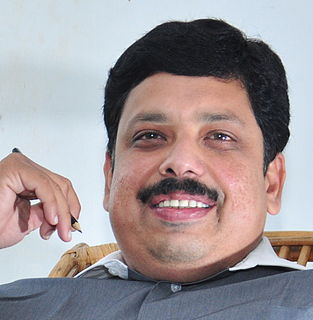A Quote by Will Durant
History is so indifferently rich, that a case for almost any conclusion from it can be made by a selection of instances.
Related Quotes
Group selection and individual selection are just two of the selection processes that have played important roles in evolution. There also is selection within individual organisms (intragenomic conflict), and selection among multi-species communities (an idea that now is getting attention in work on the human microbiome). All four of these levels of selection find a place in multi-level selection theory.
The trick is: how do you talk about natural selection without implying the rigidity of law? We use it as almost an active participant, almost like a god. In fact, you could substitute the word 'god' for 'natural selection' in a lot of evolutionary writings and you'd think you were listening to a theologian.
Imagine it's 1981. You're an artist, in love with art, smitten with art history. You're also a woman, with almost no mentors to look to; art history just isn't that into you. Any woman approaching art history in the early eighties was attempting to enter an almost foreign country, a restricted and exclusionary domain that spoke a private language.
Artificial selection turned the wolf into the shepherd, and the wild grasses into wheat and corn. In fact, almost every plant and animal that we eat today was bred from a wild, less edible ancestor. If artificial selection can work such profound changes in only ten or fifteen thousand years, what can natural selection do operating over billions of years? The answer is all the beauty and diversity of life.
Many reasonable prosecutors have come to the conclusion that they would have brought such a case that Hillary Clinton was extremely careless in the handling of national security information. I would have brought such a case and I would have won such a case. And I've prosecuted cases like that in my years in the Justice Department.
The modern welfare state, highly touted as soaking the rich to subsidize the poor, does no such thing. In fact, soaking the rich would have disastrous effects, not just for the rich but for the poor and middle classes themselves. For it is the rich who provide a proportionately greater amount of saving, investment capital, entrepreneurial foresight, and financing of technological innovation that has brought the Unites States to by far the highest standard of living - for the mass of the people - of any country in history.








































